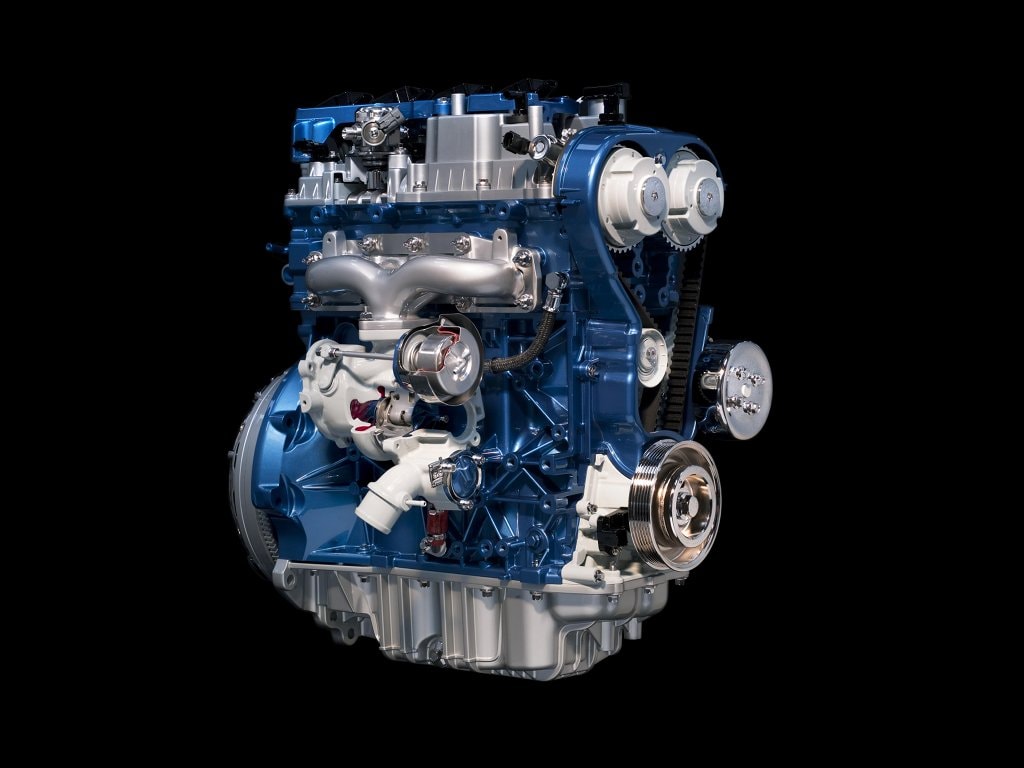The Ford F150 has long been regarded as the quintessential American truck, renowned for its durability, capability, and versatility. Among its lineup, the 2.7-liter EcoBoost engine stands out, representing an innovative blend of power and efficiency. As the world grapples with the pressing challenges of climate change, examining the EcoBoost technology offers a tantalizing glimpse into the potential of modern automotive engineering. This exploration not only highlights the impressive specifications of the 2.7 EcoBoost but also engenders a shift in perspective towards eco-conscious driving.
Central to the allure of the Ford F150 2.7 EcoBoost is its remarkable powertrain. The engine boasts a twin-turbocharged V6 configuration that produces an exhilarating 325 horsepower at 5,000 RPM. However, what truly captivates is its torque output. With an astonishing 400 lb-ft of torque generated between 2,500 and 4,500 RPM, the 2.7 EcoBoost ensures robust performance, whether hauling heavy loads or navigating treacherous terrains. This fusion of horsepower and torque reflects Ford’s commitment to delivering a dynamic driving experience while mitigating environmental impact.
One primary benefit of the EcoBoost engine design is its fuel efficiency. With an EPA-estimated mileage of 20 miles per gallon in the city and 26 miles per gallon on the highway, the 2.7 EcoBoost significantly reduces fuel consumption compared to traditional large displacement engines. Such mileage is not merely a statistic; it represents a tangible reduction of greenhouse gas emissions, contributing to the global fight against climate change. Drivers seeking power without the exorbitant fuel costs will find the F150 2.7 EcoBoost particularly intriguing.
The engineering behind the EcoBoost technology is equally compelling. By utilizing turbocharging, Ford extracts more energy from smaller amounts of fuel. This process employs forced induction, which compresses air entering the engine, allowing for more fuel to be burned efficiently. The result is a smaller engine that produces power levels typically associated with larger displacement engines. Such technological innovation challenges the stereotype that larger engines are always synonymous with superior performance.
The F150 2.7 EcoBoost is engineered with advanced materials and systems that further optimize performance. For instance, the engine employs direct fuel injection, which enhances combustion efficiency. This process provides more precise fuel delivery, reducing wasted fuel and consequently harmful emissions. Coupled with an adaptive transmission setup – an electronically controlled 10-speed automatic transmission – the F150 ensures that torque is distributed efficiently across various driving conditions. Drivers can expect smooth shifts and responsive acceleration, whether cruising on the highway or navigating challenging off-road trails.
Another essential aspect to consider when discussing the Ford F150 2.7 EcoBoost is its towing capacity. The 2.7 EcoBoost engine is capable of towing up to 8,500 pounds when properly equipped. This capability positions the F150 as not just a commuter vehicle but as a formidable workhorse suitable for a range of tasks, from transporting heavy equipment to recreational towing of trailers or boats. Again, this reflects a significant shift in perspective where environmental responsibility does not equate to sacrificing utility.
Moreover, the EcoBoost technology aligns with a broader trend towards environmental responsibility in the automotive industry. Many experts advocate for smaller, turbocharged engines as a means to achieve better fuel economy without compromising on performance. Ford’s commitment to EcoBoost technology resonates with this movement, demonstrating that vehicles can indeed fulfill various roles effectively while adhering to stricter emissions standards.
However, it is essential to approach the conversation around EcoBoost technology critically. Critics often argue that complexities associated with turbocharging could lead to higher maintenance costs, particularly in terms of turbocharger longevity and necessary repairs. Moreover, the long-term implications of manufacturing smaller engines need further exploration. Are the materials used in production and the disposal of these engines being considered responsibly? Addressing these questions ensures that the push for eco-friendly technologies does not unintentionally create a different set of environmental challenges.
In discussions about the Ford F150 2.7 EcoBoost, the climate change narrative becomes increasingly relevant. By opting for a vehicle designed with efficiency in mind, drivers are empowered to make choices that align with sustainable practices. Vehicles like the F150 showcase that advancements in engineering can yield robust performance while addressing environmental concerns head-on. It reflects an evolving understanding of what it means to drive responsibly in a rapidly changing world.
The Ford F150 2.7 EcoBoost embodies the promise of a new era of automotive design. By blending cutting-edge technology with considerations for environmental stewardship, it invites drivers to rethink what power and efficiency mean in the context of modern transportation. The juxtaposition of performance capabilities against ecological mindfulness engenders curiosity and inspires future innovations. As more drivers embrace this paradigm, the potential for collective efforts toward mitigating climate change could be substantial.
In conclusion, the Ford F150 2.7 EcoBoost is far more than just a truck; it symbolizes a movement towards embracing sustainable technology in the automotive industry. The specifications and capabilities it offers are undeniably impressive, but the underlying message transcends mere numbers. It heralds a shift in perspective where power does not necessitate environmental degradation. The future of driving, as embodied in the F150 2.7 EcoBoost, is one that surges forward with promise while treading softly on the Earth.
